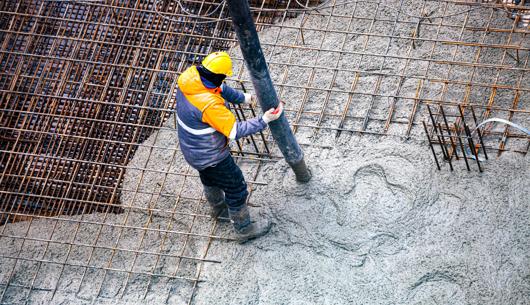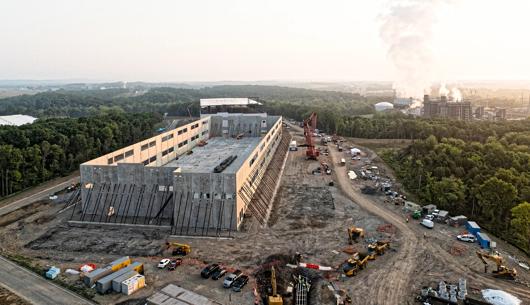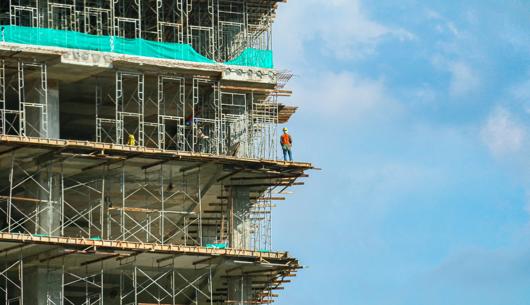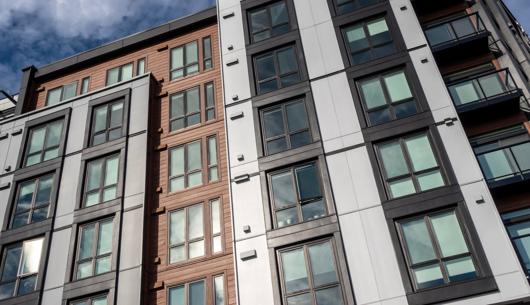Update: building safety repairs pledge signed by over 35 major housing developers
On 14 February 2022, Secretary of State of the Department for Levelling Up, Housing and Communities, Michael Gove, announced proposals designed to pressure building developers and materials manufacturers to fund the remediation of unsafe properties.
On 14 February 2022, Secretary of State of the Department for Levelling Up, Housing and Communities, Michael Gove, announced proposals designed to pressure building developers and materials manufacturers to fund the remediation of unsafe properties. Some of the measures were aimed at:
- Preventing developers who refuse to pay to remove unsafe cladding from their former/current developments, from obtaining planning permission and building control sign-off on new developments – effectively blocking them from future residential development activity.
- Preventing developers who made use of shell companies for their projects from avoiding liability by giving a mechanism for extending the liability of those shell companies to their parent and sister companies.
- Amendments to the Building Safety Bill confirming that no leaseholder in buildings over 11 metres with a qualifying lease will have to fund the removal of dangerous cladding.
Mr Gove also wrote to the residential property developer industry, requiring key industry players to produce a plan of action including the remediation of unsafe cladding on 11-18 metre buildings.
On 13 April 2022, the government announced that over 35 of the country’s biggest developers, including Barratt, Persimmon and Gleeson, have pledged that they agree in principle that (a) leaseholders should not have to pay for any costs associated with “life-critical fire-safety remediation work” on developments of 11m or above; and (b) they will withdraw applications to and/or reimburse payments made from the government’s Building Safety Fund. The government stated that the developers have committed c. £5 billion to address building safety issues, made up of at least £2 billion directly committed and £3 billion contributed over ten years through an expansion to the Building Safety Levy. The developers have pledged to:
- Act as quickly as reasonably possible to fix life-critical fire safety defects;
- Implement new proportionate guidance on building safety;
- Regularly report to leaseholders and government on their progress;
- Respect an independent dispute resolution process established by government; and
- Refund money already received from the taxpayer to fix their buildings.
The government has yet to secure a similar deal from construction product manufacturers but states this is still sought, and Mr Gove has stated he will do “whatever it takes” to hold them to account.
The pledge commits developers to take action, although it is not yet legally binding, but is instead in effect heads of terms, with a stated intention to enter into legally-binding full form documentation “in the coming months that expands, supplements and gives effect to the principles set out”. The government intends to introduce new powers blocking those developers who do not sign the pledge, or who breach the legally binding agreements (once in place), from building and selling new homes , so it is a potential issue for all residential developers to be aware of and considering.
For leaseholders, the agreement appears to represent a significant step forward towards protection from the costs of repairing safety issues for which they were not responsible and, in most cases, lack the means to pay.
Browne Jacobson will be providing some more detailed commentary on the issues arising out of the Building Safety Bill, with a seminar following in the autumn.
Contact

Mark Hickson
Head of Business Development
onlineteaminbox@brownejacobson.com
+44 (0)370 270 6000







































